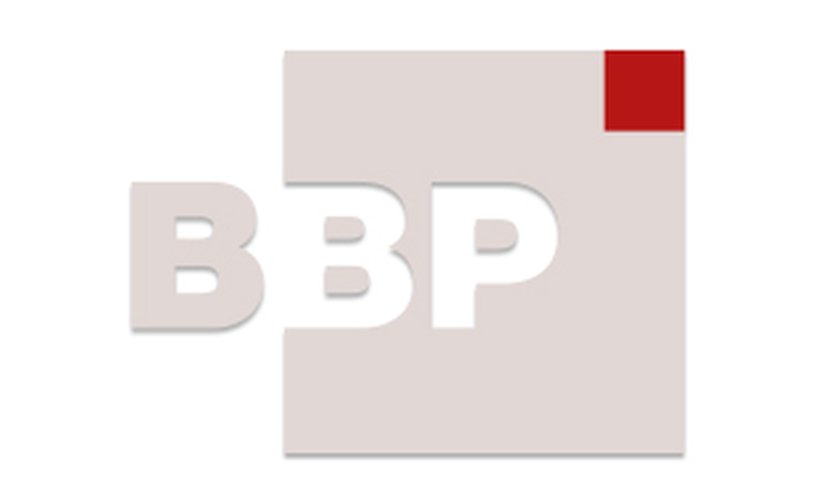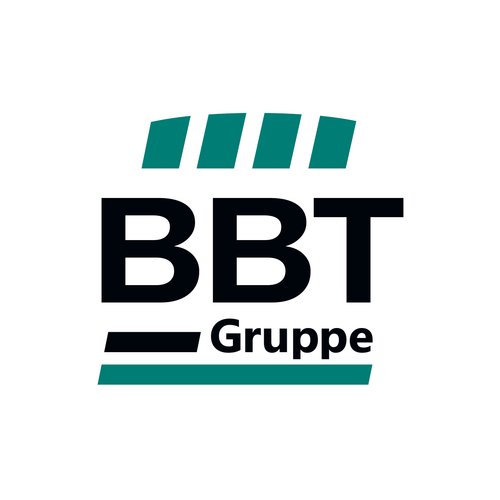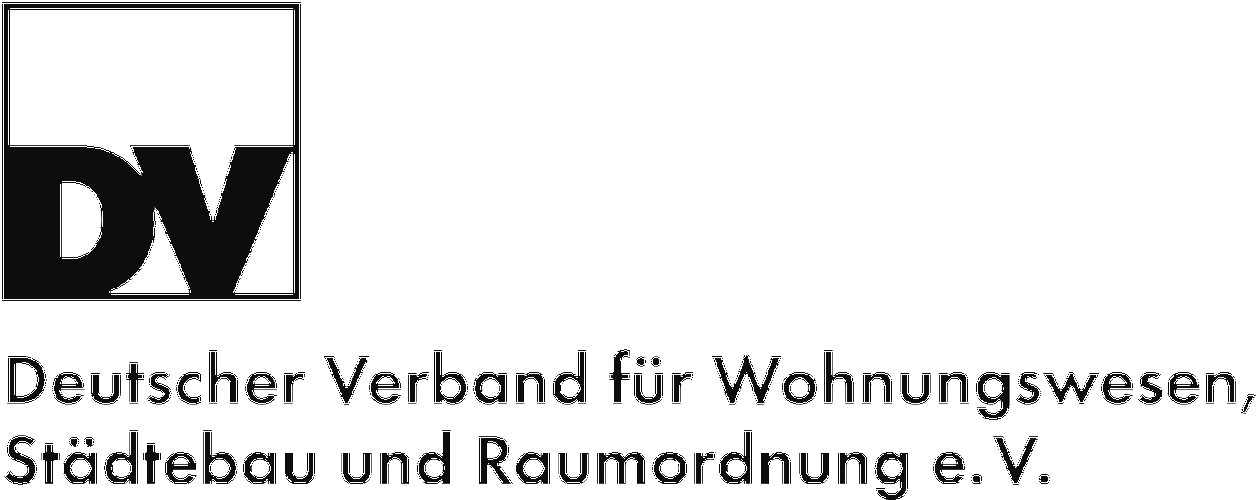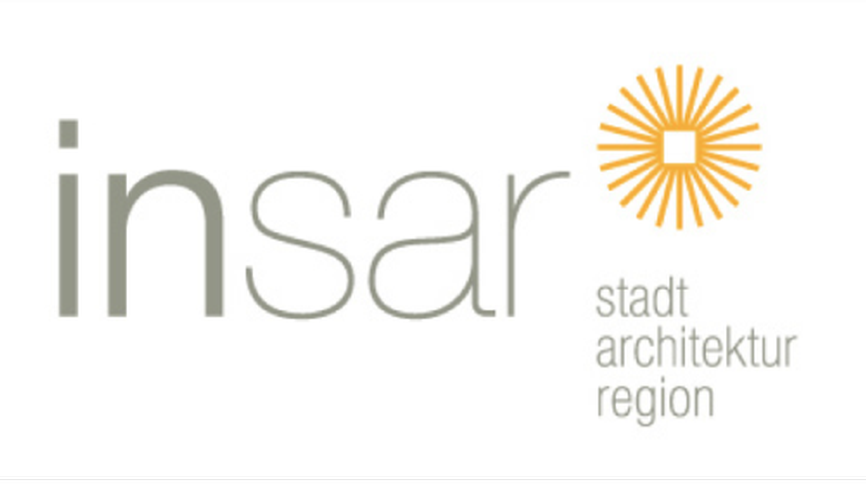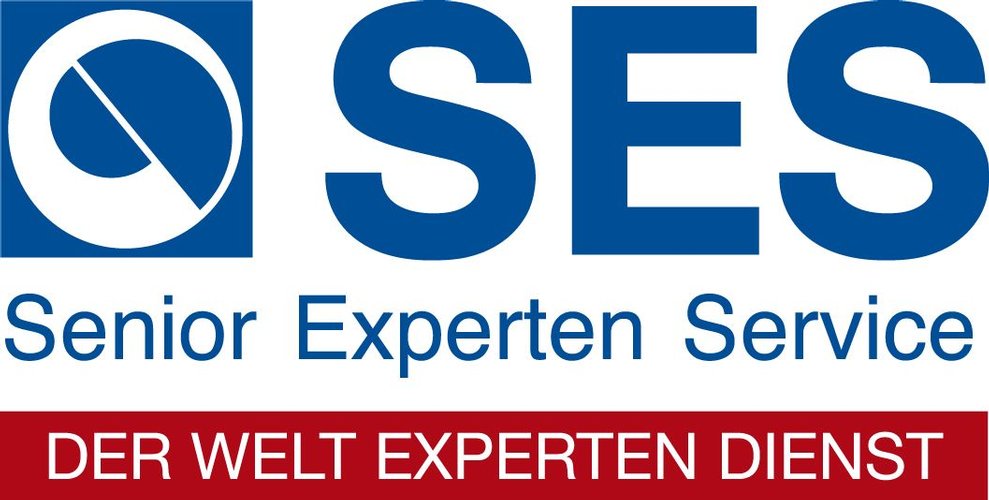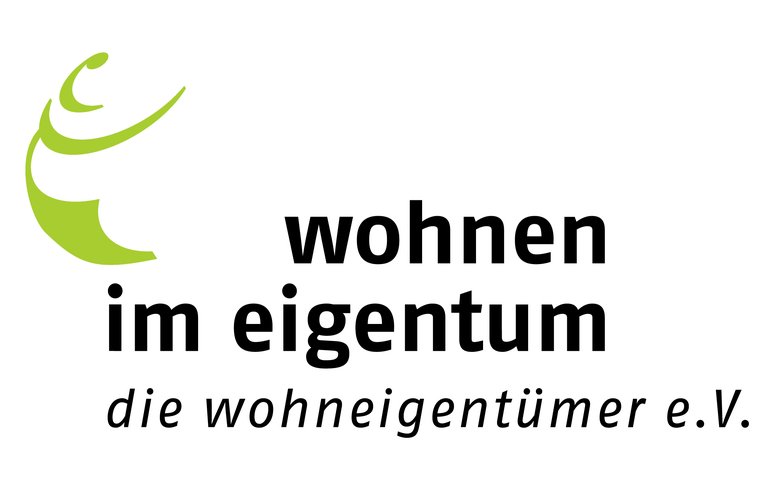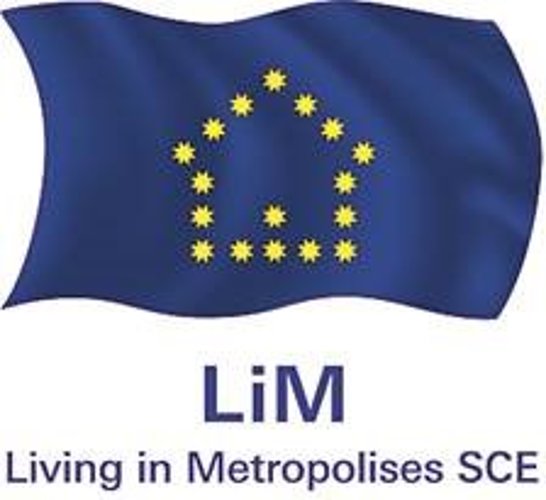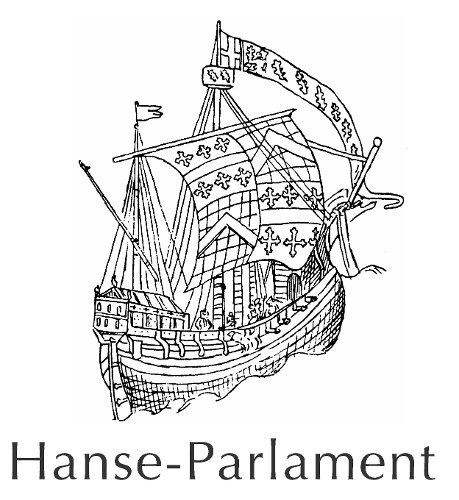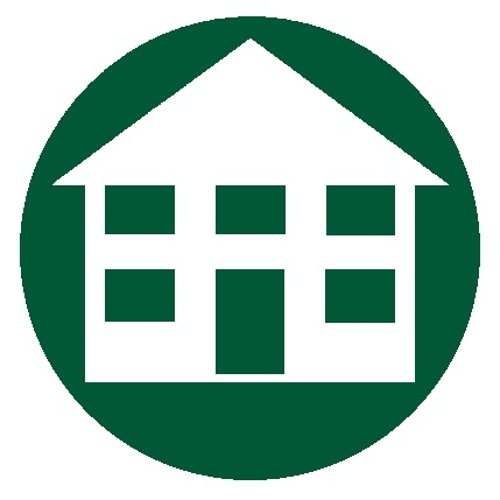Cooperatives
Cooperatives for affordable housing and construction
Cooperatives belong to the intangible UNESCO World Heritage and are formed in many areas.
In Germany, part of the housing market has long been organised as cooperatives. In the countries of Eastern Europe, cooperatives have a long tradition - but the word has negative connotations in many places: a result of the specific practice and interpretation in Soviet times. Since the transfer of ownership of housing to former tenants in the 1990s, ownership has been highly valued - even though the maintenance of buildings today represents a financial burden that older and low-income residents can hardly afford. In most Eastern European countries, the wave of privatisation has led to deformed housing markets with ownership rates of up to 97 percent. There is a lack of alternatives to home ownership. Rental apartments are rare, usually overpriced and part of a 'gray' market. Cooperative housing and construction can be a way to address the high demand for affordable housing in Eastern Europe and diversify the housing markets.
Positive examples and testimonials are needed to make cooperatives more popular locally. An annual conference was held in Ukraine in 2018 and 2019 before the war of aggression by Russia, bringing together international experts and representatives of the cooperative sector to exchange findings, approaches and ideas. The symposia were organized by IWO, Cooperative Housing International CHI and other partners and was originally intended to be permanent.
Due to the destruction caused by the war, there is a lack of housing in Ukraine, but above all a lack of affordable rental housing for historical reasons. In the context of future reconstruction in Ukraine, the aim in terms of housing policy will be to diversify the previously dysfunctional housing market by increasing the rental supply. The housing cooperative model can be an important building block here, as it combines the aspect of home ownership with the approach of renting, enables affordable and sustainable housing and stands for efficient portfolio management. Ukraine has set itself the motto "Build back better" for reconstruction and would like to use the opportunity to reorganise and reform the housing sector in the country. The establishment of local housing companies and cooperatives can provide great added value.
Since the end of 2023, IWO has been working with the second largest city in Ukraine, Kharkiv, on the Municipal Housing Sector in Kharkiv project in partnership with the UNECE's UN4UkrainianCities initiative. UN4UkrainianCities supports the Ukrainian government in planning the reconstruction of the pilot cities of Kharkiv and Mykolaiv. In Kharkiv, the project supports emergency relief, reconstruction and development through a series of activities designed to ensure balanced and inclusive urban development based on a new master plan.
In the fall of 2023, partners from various countries and institutions, including IWO and Housing Europe, took part in a UNECE online workshop Housing cooperatives in the UNECE region: best practices and experiences during which practical approaches to cooperative housing and construction in the UNECE region were presented and discussed.
In the same temporal and thematic context, IWO was actively involved in the International Financing of Young Housing Cooperatives in Central and Eastern Europe at the Humboldt University.
It is precisely such exchange formats and dialogues that form the basis for working with international partners to make the model of cooperative housing and construction and its many advantages more widely known and increasingly popular. Like its partners, IWO is convinced of the added value of the model in terms of affordable, sustainable and social housing and construction.
Cooperatives also promise development opportunities for the housing markets in the Baltic states with low renovation and high ownership rates. In Latvia, for example, IWO led a pilot project from 2020 to 2023 to build an apartment building (timber hybrid construction) using the cooperative model. The project is currently being prepared for further and practical implementation.
IWO is a member of LiM SCE (more information in the right-hand column) and will continue to pursue and strengthen its involvement in the field of cooperatives.
IWO's commitment in brief
- We share the conviction with our partners that cooperative living and building offers sustainable advantages and added value and we communicate this at events, networking activities, in projects and at other suitable occasions.
- We bring together experts and partners from Western and Eastern Europe in order to support the dialogue on the topic and the model itself and to disseminate it.
- We initiate specific project activities and actively participate in corresponding projects that focus on the cooperative building and housing model, including with regard to affordable housing, sustainable housing management and use, better energy standards and renovations and greater climate compatibility of residential buildings.
- We are aware of the value and effectiveness of strong networks and partnerships and are committed accordingly in Western and Eastern Europe.
If you are interested in the topic of cooperative housing and building in the Eastern European region and would like to get involved, please contact us!
Your contact person:
Intangible UNESCO cultural heritage
The cultural and legal form of the cooperative was declared an intangible world cultural heritage by UNESCO in 2016. There are many reasons for this.
European cooperatives - LiM SCE
The housing cooperative Living in Metropolises (LiM) is active as an SCE at European level and is committed to spreading the cooperative approach to affordable housing and construction.
Projects
Ukraine
To address the losses and challenges in the housing sector, the city of Kharkiv has committed to piloting a comprehensive municipal housing programme with the project "Municipal Housing in Kharkiv: Affordable Rental Housing Models for Housing Reconstruction in Ukraine", implemented by the city of Kharkiv and IWO e.V. in partnership with UNECE's UN4UkrainianCities project. The aim of the project is to develop a sustainable municipal rental housing programme for the city of Kharkiv and to provide a diversified range of housing for different target groups in the future. The project takes a multi-faceted approach that focuses on continuous capacity building of key urban stakeholders and evidence-based policy making, drawing on international experience and expertise.
Latvia
In the Latvian city of Jelgava, a market-driven model for affordable (rental) housing and the planning of a sustainable, energy-efficient apartment building in modular timber hybrid construction was developed with funding from the DBU. The structural and organisational implementation is currently being prepared.
Our partners

